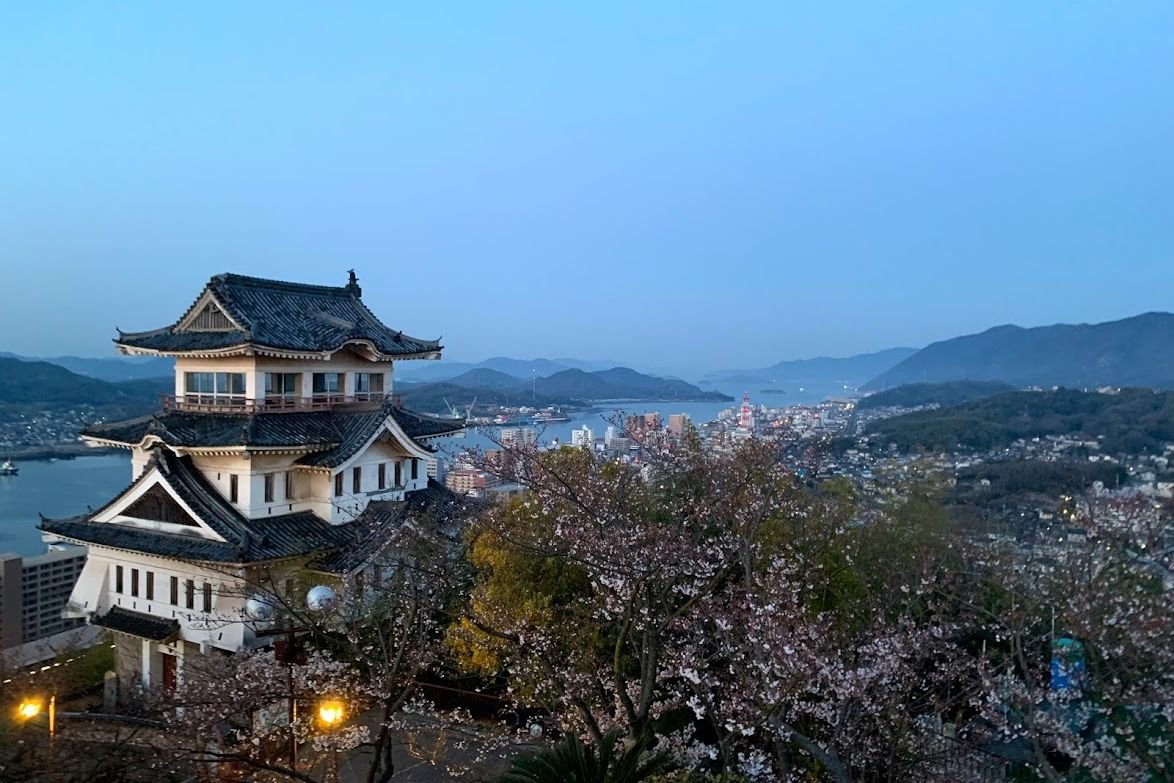Ready to travel overseas again? Japan is perfect in every way
The post-pandemic re-opening of Japan was one of the most anticipated across the world. Have you met anyone who has been to Japan and not loved it?

The land of the rising sun is an enigma. Ancient history sits beside revolutionary technology; rugged natural beauty surrounds a kaleidoscope of patchworked gardens; the fast pace of life is balanced with soaking in an onsen. Then there is cuisine, music, theatre, art, fashion, tea ceremonies, and sumo wrestling.
So, whether you are a first-timer or a Japanophile, here are a few tips to help plan your dream trip.
Japanese people are polite and respectful. They will appreciate any effort to help communication.
You may already know one or two Japanese greetings, like Konnichiwa (koh-nee-chee-wah), when you are greeting someone. Here are some others to try:
Greet people with ohayō gozaimasu (oh-hah-yoh goh-zah-ee-muhss-oo) in the morning.
Switch to konbanwa (kohn-bahn-wah) in the evening.
Answer the phone with moshi moshi (moh-shee moh-shee). The Japanese have a different greeting that is exclusively for use on the phone. You say moshi moshi whether you are the caller or being called.
Toyko is the capital of Japan. On your trip, you will not want to miss iconic landmarks like Tokyo Skytree, Imperial Palace, and Shibuya Crossing.
Tokyo's most famous landmark, the Imperial Palace, has beautiful 17th-century parks surrounded by walls and moats and is a must-see when visiting the capital.
If you are headed out of the city, why not gaze at Mount Fuji while riding the Shinkansen bullet train? Japan's most recognisable landmark is also the country's highest mountain peak. Towering 3,776 meters, the mountain is tall enough to be seen from Tokyo, more than 100 kilometres away.
Kyoto is one of the few cities in Japan to be spared the devastation of WWII. On your trip, you can explore fine old streets and temples, much of it unchanged since the Imperial family took up residence here more than 1,000 years ago. If you are lucky, you may even spot a geisha in the streets!
You may also like to visit Hiroshima. The city has many spots which commemorate the many victims of the world's first nuclear attack, including the Peace Memorial Museum, the Memorial Cenotaph and the Flame of Peace, and the Atom Bomb Dome - the ruins of an administrative building that lay at the centre of the explosion.
Innovative, health-conscious and presented as mini works of art, there is nothing quite like the food of Japan. Or how to eat it. In a country where everything runs like clockwork, loud slurping is encouraged at the dinner table, especially when eating the local delicacy ramen, Japan’s iconic noodle soup dish.
A bowl of the best ramen in Japan is a highlight for travellers, and you are sure to find a ramen shop in every city or town you visit.
Ready to book your next holiday to Japan? Visit National Seniors Travel or call 1300 88 37 50.








